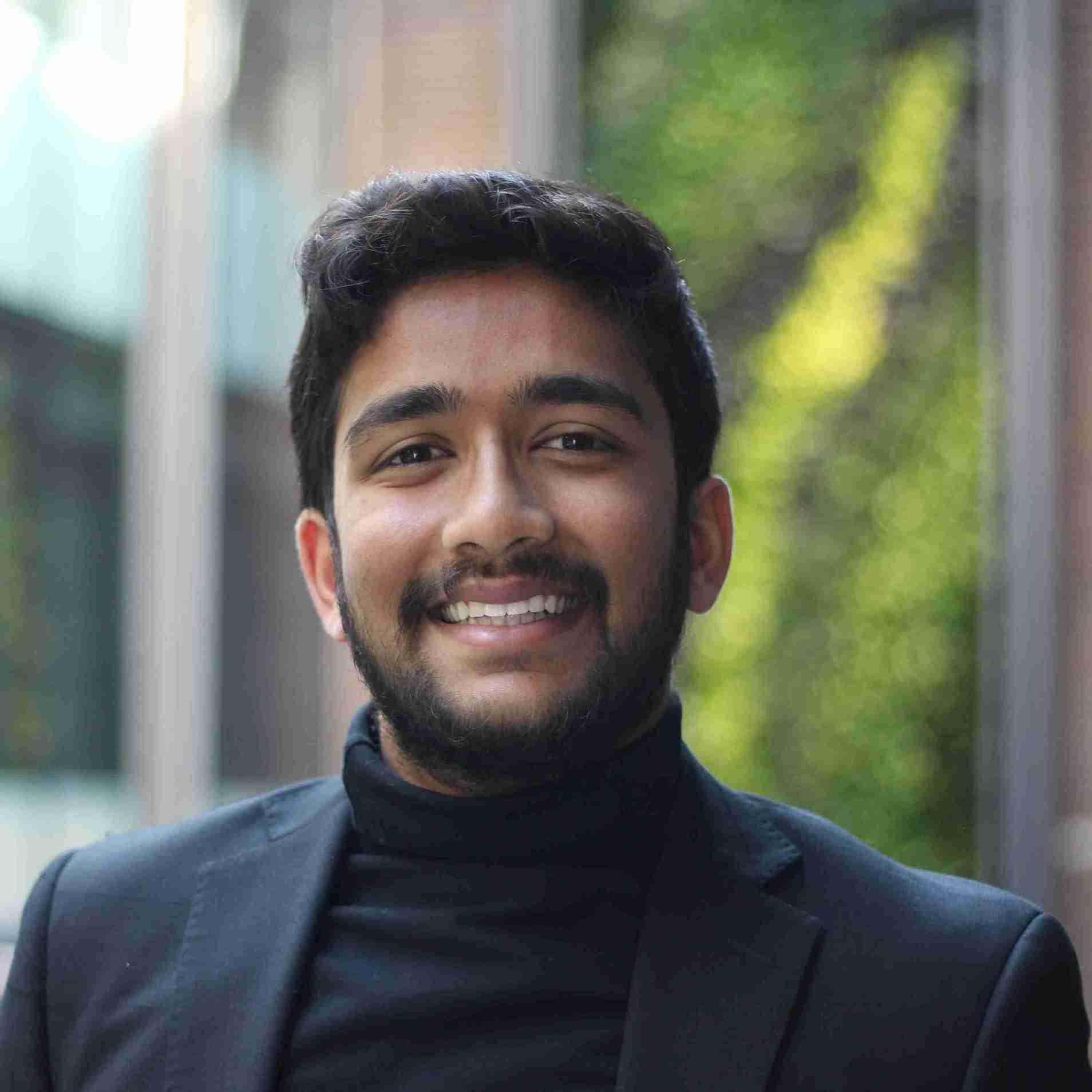Duties and Rights of Health Professionals during a Pandemic
This article gives some more insight into World Medical Association (WMA) session “Duties and Rights of Health Professionals during a Pandemic” at the 16th World Conference Bioethics, Medical Ethics and Health Law in Brasilia, Brazil.
Historical analysis of the obligation to provide healthcare
Dr Otmar Kloiber, Secretary General, the World Medical Association, kicked off the session by talking about health professionals and their role in fighting the COVID-19 pandemic. He challenged common beliefs about the Hippocratic Oath, highlighting how it doesn’t align with important values in medicine like care, compassion, and empathy. Dr. Kloiber discussed how health was established as a human right through historical and legal precedents: “Health and human rights show up in the constitution of the World Health Organization two years before it was adopted in 1946. There is ‘the enjoyment of the highest attainable standards of health’ as a principle in this constitution.”
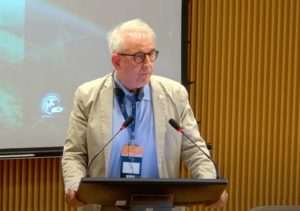 He added that states are obliged to provide healthcare, not individual physicians, but many states have failed to do so, as seen in the overall lack of Universal Health Coverage (UHC) and lack of preventive measures against epidemics and pandemics.
He added that states are obliged to provide healthcare, not individual physicians, but many states have failed to do so, as seen in the overall lack of Universal Health Coverage (UHC) and lack of preventive measures against epidemics and pandemics.
Dr Kloiber concluded, “What we have seen is that health professions have duties derived from general moral principles, from general law, from professional codes, and from contractual relationships.
An obligation to treat beyond established (patient-physician) relationships is described for emergencies, as we have heard, and certainly one can call a pandemic an emergency. Yet the obligations are not absolute. Nobody has to put him or herself in danger.”
Legal and deontological analysis of obligations to provide healthcare
Annabel Seebohm, Lawyer and former General Counsel of the WMA addressed legal and ethical frameworks that cover the duties of healthcare personnel. She stated that while physicians have an ethical obligation to assist in emergencies, they shouldn’t be expected to automatically help in unreasonable or dangerous ways.
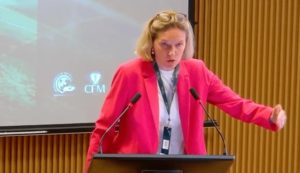 With reference to the COVID-19 pandemic, Ms Seebohm said, “There was always a projection by politicians, by the public, that the health professions have to serve and have to deal and solve the problem…it was the health professions, the health professionals who had to deal with the crisis.
With reference to the COVID-19 pandemic, Ms Seebohm said, “There was always a projection by politicians, by the public, that the health professions have to serve and have to deal and solve the problem…it was the health professions, the health professionals who had to deal with the crisis.
There is no general obligation to treat unless there is a treatment contract in place between a patient and a physician or a nurse, or there is a specific status the health professional is in, such as a contracted status in outpatient care, for instance, or being employed by a hospital.”
Dr Kloiber then presented WMA policies related to providing care, which emphasize patient autonomy, justice, equity, and physician well-being. He mentioned that these policies do not include an unlimited obligation to treat all patients.
Professional rights of physicians
“When you have obligations, you also have rights,” said Annabel Seebohm, speaking about the occupational and professional rights of physicians, like the right to health and safety. She discussed how this right can be ensured through regular risk assessments, risk mitigation, training and more.
In relation to the issue of lack of personal protective equipment (PPE) for physicians, Ms Seebohm added, “Safety instructions do not change simply because you’re running short. To avoid these shortages, and we have seen these shortages at the time of COVID-19, we need to move away from this just-in-time approach to a just-in-case approach.” She highlighted how the WHO Pandemic Treaty currently being negotiated should be key to solving the lack of personal protective equipment for health professionals, amongst other pandemic-related problems.
Ms Seebohm discussed how physicians have a right to refuse to treat a patient. Because there is no general obligation to treat patients, unless under contract or in an emergency, physicians cannot be forced to treat at the expense of their own safety. Though refusing treatment has its own moral and ethical limits, she mentioned that physicians having to provide care without adequate PPE during the pandemic violated this right. Annabel Seebohm concluded, “If there are conscriptions and if there are measures that have to be taken, they have to apply to all and not only to one group.”
Bioethical principles in modern medicine
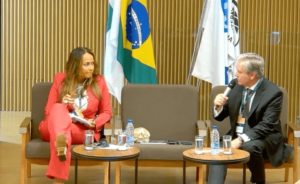 A brief panel discussion followed with Dr Kloiber and Ms Seebohm, as well as 2nd Vice President of the Conselho Federal de Medicina of Brazil, Dr Rosylane Rocha, and Head of the International Chair in Bioethics, Dr Rui Nunes. The panel reaffirmed the importance of medical and patient autonomy, especially during pandemics and in medical research. The benefits of remote care and telemedicine in certain cases were also highlighted.
A brief panel discussion followed with Dr Kloiber and Ms Seebohm, as well as 2nd Vice President of the Conselho Federal de Medicina of Brazil, Dr Rosylane Rocha, and Head of the International Chair in Bioethics, Dr Rui Nunes. The panel reaffirmed the importance of medical and patient autonomy, especially during pandemics and in medical research. The benefits of remote care and telemedicine in certain cases were also highlighted.
Reflecting on the changes that have come about due to the COVID-19 pandemic, Dr Kloiber stated, “A couple of years ago we would have said medical care is very personal. It requires direct contact between the physician and the patient and it cannot be replaced by telemedicine. However, things have changed. While we still believe that the gold standard is the direct eye-to-eye and physical contact between patient and physician, and there’s no doubt about that, there are situations where clearly telemedicine can help, sometimes even in first contact.”
Social contract of health professionals
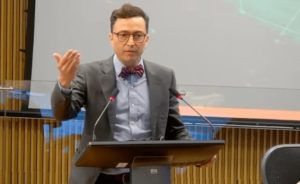 Dr Ramin Parsa-Parsi, Head of the Department for International Affairs, the German Medical Association, addressed the social contract between physicians and society, asking what to do when some physicians object to a situation and others do not.
Dr Ramin Parsa-Parsi, Head of the Department for International Affairs, the German Medical Association, addressed the social contract between physicians and society, asking what to do when some physicians object to a situation and others do not.
Dr Kloiber replied that while this is an important situation to think about, it’s not a reflection of reality; in reality, most, if not all, physicians are ready and willing to act. Instead, he suggested focusing on the future and preparing for a future pandemic. He talked about how the global community is currently vulnerable due to a lack of agreement on preventive measures, and that this is the problem that requires considerable attention to secure the future.
Final questions
Finally, the session closed with some questions from the audience. In response to a question on the difference between a soldier, fireman, and physician, Dr Kloiber said that the legal and contractual obligations of the first two professions separate them from the physician, who is not always under contract. He continued that when physicians are is conscripted to provide care as a single group, this may constitute forced labor. In response to another question about balancing the need for UHC with the previously mentioned obligations of physicians, Dr Kloiber said that the only way to achieve this balance is to create a strong contract between the state and physicians from the start.
See more
Declaration of Geneva: https://www.wma.net/what-we-do/medical-ethics/declaration-of-geneva/

